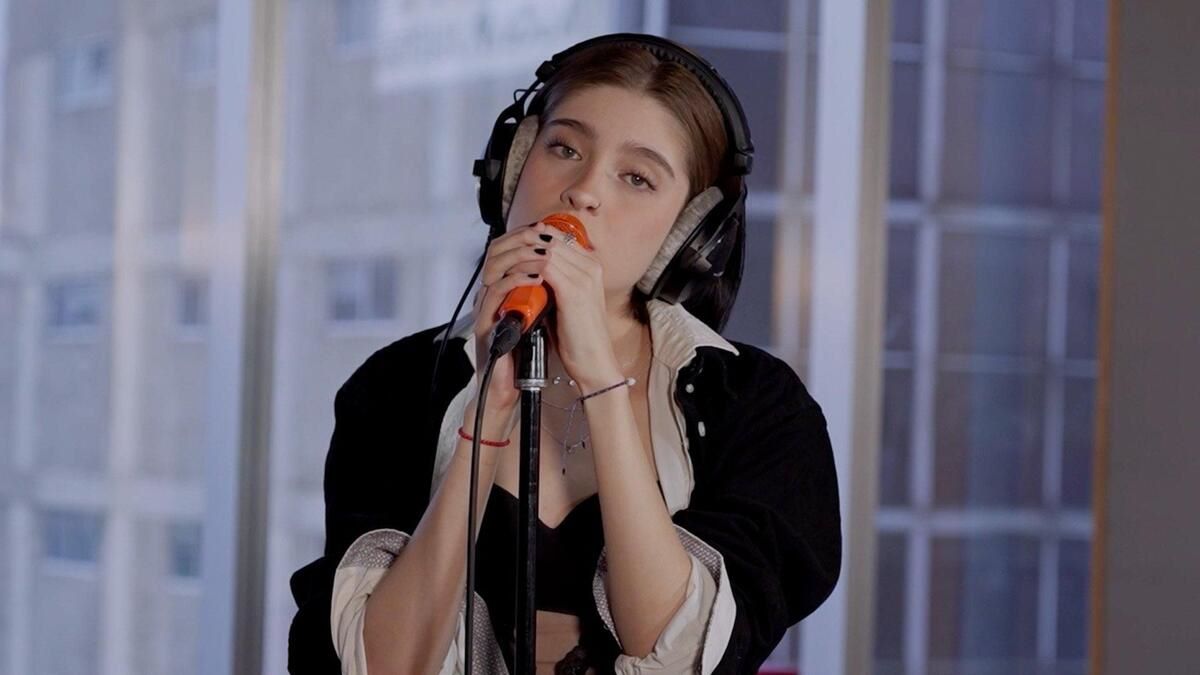10 Traditional Brazilian Music Genres That Will Surprise You

Brazil is a country known for its vibrant culture and rich musical heritage. From the lively beats of samba to the soulful sounds of bossa nova, Brazilian music offers a diverse range of genres that reflect the country's unique history and traditions. Have you ever wondered what makes Brazilian music so special? In this article, we'll take you on a journey through 10 traditional Brazilian music genres that will surprise you. Each genre has its own distinct rhythm, instruments, and cultural significance. Whether you're a music enthusiast or just curious, you'll find something fascinating in the world of Brazilian music.
Samba: The Heartbeat of Brazil
Samba is synonymous with Brazil. This genre, with its infectious rhythms and vibrant dance moves, originated in Rio de Janeiro. It's impossible to think of Brazilian music without picturing the lively beats of samba.
Rio de Janeiro: The birthplace of samba, Rio's streets come alive with music, especially during Carnival. The city's samba schools compete in grand parades, showcasing elaborate costumes and intricate dance routines.
Salvador: Known for its Afro-Brazilian culture, Salvador offers a unique twist on samba. The city's music blends traditional African rhythms with Brazilian beats, creating a sound that's both familiar and fresh.
Bossa Nova: The Smooth Operator
Bossa Nova, meaning "new trend," emerged in the late 1950s. This genre combines samba rhythms with jazz influences, resulting in a smooth, laid-back sound perfect for relaxing.
Ipanema: Immortalized by the song "The Girl from Ipanema," this Rio neighborhood is a hub for bossa nova. Its beaches and cafes provide the perfect backdrop for this mellow music.
São Paulo: As Brazil's largest city, São Paulo has a thriving bossa nova scene. Many bars and clubs feature live performances, allowing visitors to experience this genre up close.
Forró: The Dance of the Northeast
Forró is a lively genre from Brazil's northeastern region. Its upbeat tempo and accordion-driven melodies make it a favorite at festivals and parties.
Recife: This city is a forró hotspot, especially during the São João festival in June. The streets fill with dancers, and the music plays late into the night.
Fortaleza: Known for its vibrant nightlife, Fortaleza offers numerous venues where forró bands perform. The city's dance halls are always buzzing with energy.
Choro: The Cry of the Heart
Choro, often called "Brazilian jazz," is a genre that dates back to the 19th century. Its intricate melodies and improvisational style make it a favorite among musicians.
Brasília: The capital city has a rich choro tradition. Many local musicians gather in parks and public spaces to play this soulful music.
Porto Alegre: In southern Brazil, Porto Alegre boasts a strong choro scene. The city's bars and cafes often host live performances, drawing both locals and tourists.
Tropicália: The Sound of Revolution
Tropicália was a cultural movement in the 1960s that blended traditional Brazilian music with rock, psychedelia, and avant-garde influences. This genre pushed boundaries and challenged the status quo.
Bahia: As the birthplace of many Tropicália artists, Bahia remains a center for this genre. The state's music festivals often feature Tropicália performances, celebrating its revolutionary spirit.
Rio de Janeiro: Rio played a significant role in the Tropicália movement. The city's vibrant arts scene continues to honor this genre, with many venues hosting tribute concerts and events.
The Rich Tapestry of Brazilian Music
Brazilian music is a vibrant mix of cultures and histories. From Samba's lively beats to Bossa Nova's smooth rhythms, each genre tells a unique story. Forró brings the Northeast's festive spirit, while Tropicália challenges norms with its experimental sounds. Choro's intricate melodies and Axé's energetic vibes showcase Brazil's diverse musical landscape. Funk Carioca and MPB (Música Popular Brasileira) reflect urban influences and social issues. Maracatu and Sertanejo highlight regional traditions and rural life. Exploring these genres offers a deeper understanding of Brazil's cultural richness. Whether you're dancing to Samba or relaxing with Bossa Nova, Brazilian music has something for everyone. Dive into these genres and let the rhythms of Brazil surprise and inspire you.

